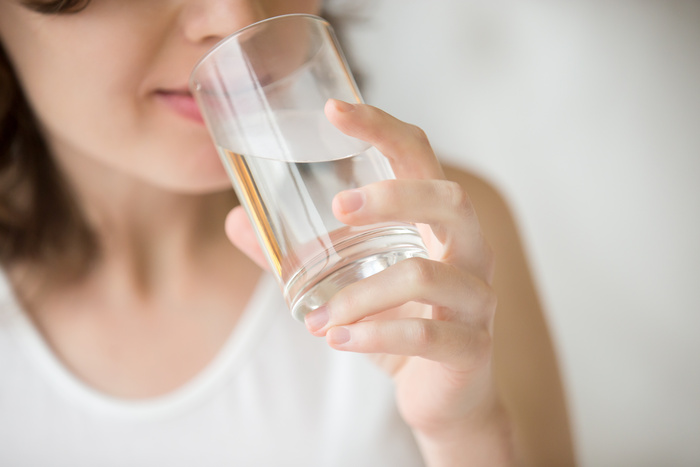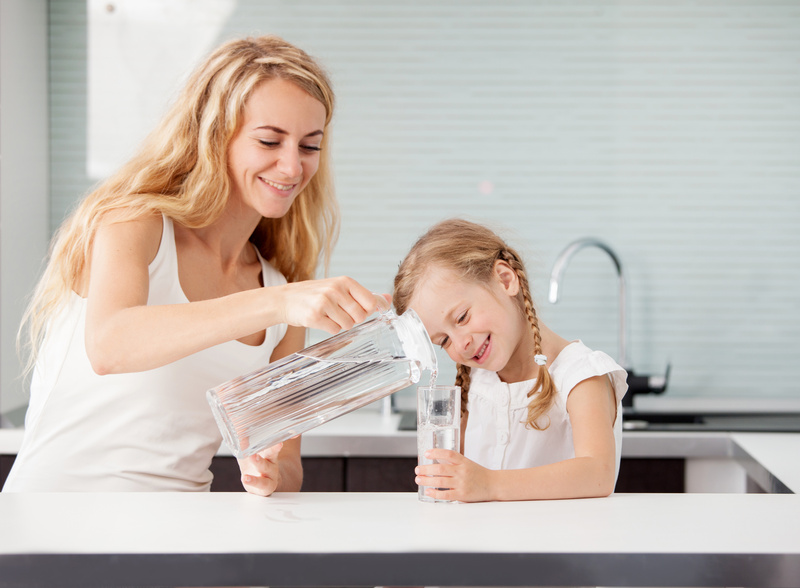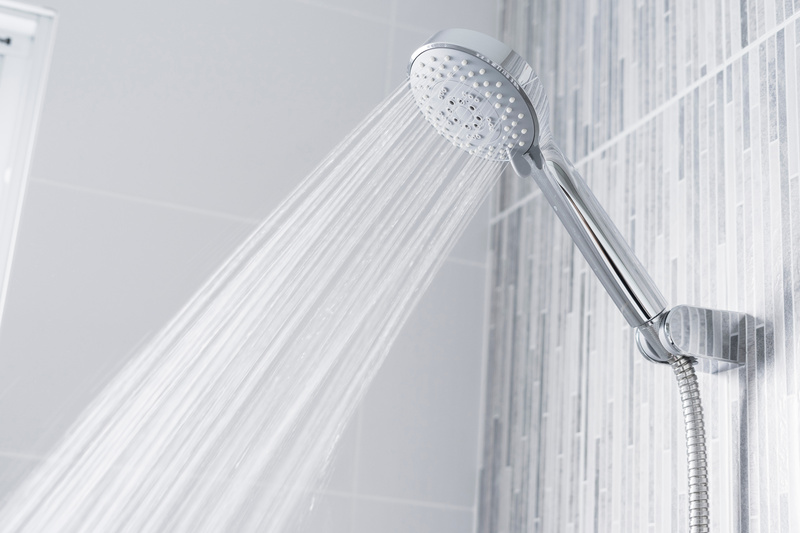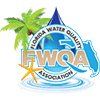The process of removing particles and contaminants from polluted water such as nanoparticles, bacteria, algae, fungi, parasites, viruses, and other undesirable chemical and biological contaminants is done through filtration. This makes it safe for drinking and other purposes like pharmaceutical or medical applications, cooking, and washing.
With rising awareness about the effects, bottled water has on the environment, more and more people are letting go of the bottled water habit and switching to tap water. But you may be wondering whether tap water is safe to drink? Keep reading to learn more about the different water filtration systems for homes.
Consumer regulations for the quality and safety of tap water are higher than those for bottled water. While you will still need to read the water quality report of your area that tells you of any possible contaminations and their side effects on your health, it is advised that you install a water filtration system so that your tap water is free of any toxins or contaminants.
The majority of the water in the United States is treated and safe to drink but has an unpleasant odor and taste that comes from chemicals like chlorine which is used to disinfect the water and keep it free of bacteria and germs. Some areas may have lead piping that may cause concern, or the water may include minerals you don’t want entering your body. These situations make people want to filter their tap water, and there is a different type of filter that serves each purpose. Let’s look at the type of filters that would best suit your needs.
Mechanical Filters
A mechanical filter is a basic filter that acts as a barrier to remove dirt, debris, sediments, or any other particulates from water. Mechanical filters range from a ceramic option with an incredibly sophisticated pore structure that allows harmful organisms to be filtered ultra-finely to a simple screen that filters out big trash.
Absorption Filters
Absorption filters use carbon in their filtration system that absorbs water-borne pollutants. They can trap chemical impurities like chlorine, reducing the unwanted odor and taste of unfiltered water.
Plumbed-In Filters
Under-sink filters or plumbed-in filters are attached to an existing water line and are usually fitted beneath the sink (thus the name “under-sink” filters). They can be connected to an existing sink faucet, including making a hole in the countertop or having a separate tap. They are ideal for purifying huge amounts of water without requiring any changes to the existing faucet or adding to the counter clutter. However, they do necessitate plumbing changes.
Ion Exchange Filtration
This filtration process softens hard water by exchanging calcium and magnesium ions with hydrogen or sodium ions. Ion exchange physically eliminates hard minerals, lowering limescale and making water more suitable for use. However, sodium ion exchange should not be used in drinking water as this increases the salt content in water. A hydrogen-based ion exchange filtration system would be ideal for drinking water.
Reverse Osmosis Filtration
Reverse osmosis is the method of eliminating dissolved inorganic particles (such as calcium and magnesium ions) from water by forcing it through a semi-permeable barrier under pressure so that the water flows through, but most of the pollutants are left behind. In order to return water with minimal pollutants, reverse osmosis is frequently paired with a variety of filters such as a mechanical (sediment) filter and an absorption (activated carbon) filter. Reverse osmosis provides 99.9% pure water and the highest level of filtration.
Distillation
The distillation method purifies water by heating it to the point where steam is produced, collected, and restored to its liquid state, leaving behind contaminants. As a result, distillation is highly effective in removing the majority of minerals and germs. Some distillation systems, however, don’t remove VOCs. Distillation also takes more energy to heat the water than other processes.
In Conclusion
Water filtration systems not only offer better-tasting water but also make your appliances last longer, remove toxins, and make the quality of life better for you and your family.
Rainsoft water filters provide tested and certified products that ensure the water treatment systems give you the highest standard of tap water that can be used for all purposes.











